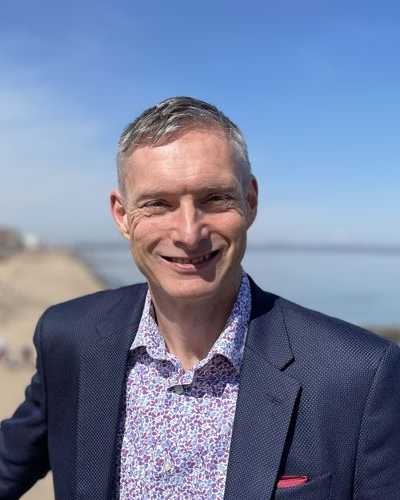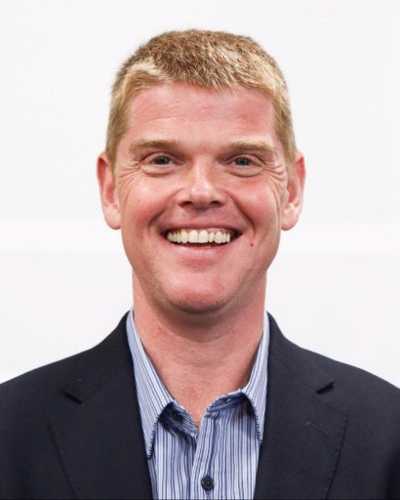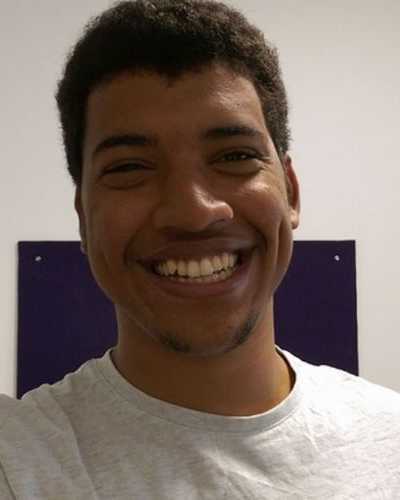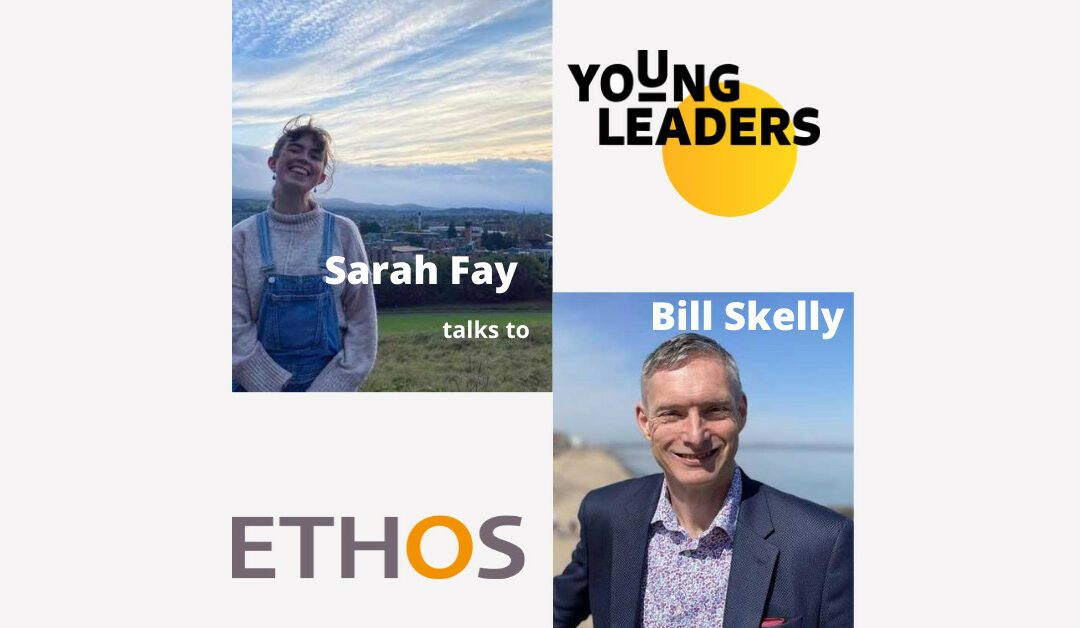I am a young person who has benefited from being given the chance to do actual, meaningful work at Ethos VO as a Young Leader and I relish being given the platform to voice my thoughts and opinions.
On 5th October 2021 I was invited to speak at the Global Forum for Democratising Work in a panel discussion: Eleven Years on Using a Democratised Work Platform – EthosVO.org.
I wanted to outline here some of the most thought provoking questions asked by our wonderful chair Bill Skelly and the answers that I gave.
What were your expectations when you joined Ethos as a Young Leader, and what did you experience?
Ethos was my first job that was not in hospitality – my first ‘proper job’ – a term I dislike greatly, so I was uncertain as to what to expect. I had been told there would be a ‘steep learning curve’ to adjust to the work platform, but that has not been the case for me or the other young leaders. Unlike some of the older leaders who have had long careers, we don’t have anything to ‘unlearn,’ we don’t have set ways of doing something. Instead we are able to embrace the person to person approach and enjoy ourselves being treated like human beings – quite a novel thing for some young people in the workplace. I’ve never enjoyed hierarchy, I much prefer to be respected and talked to like a person rather than being simply dismissed. I knew I had the skills that can contribute to various projects and it’s good to know your views and ideas are valued. I now wouldn’t want to work in any other way.
What are the building blocks of the Ethos platform?
Front and centre is the Value Exchange. In our Value Exchange discussion we are asked ‘How can Ethos help you?’ as well as what value we are bringing to the table- that is an intrinsic part of the non-hierarchical power balance, it creates an equality between yourself and the organisation as a whole. The relationship we have is a partnership rather than a top-down structure, I am able to ask myself what value am I getting from Ethos?
The Value Exchange has also been a huge boost to my confidence and it has been an amazing experience to understand the value I bring to the team. I graduated in 2020 with a Masters (plus distinction) from a Russell Group University. I knew I was a capable person, but the piles of rejections knocked me down a lot. Being told one’s value is a very impactful thing.
After 30 years in work I have never been asked to reflect on my ‘why,’ what was that like for a young person just entering the workplace for the first time?
It was such a relief. I spent 5 months on Universal Credit and applied for countless jobs, many of which I would have had to give up on many of my morals and values, which is a big thing for me. So for my story and my ‘why?’ to not only matter, but be part of my journey here at Ethos was a major thing for me. It really helped me to align my values and be certain of what matters to me; having a social impact, feeling intellectually stimulated, being creative and getting a living wage. Young people should not have to debase themselves and their ‘why’ in order to get a start in life.
As a young person, what is the kind of leadership you would like to see as we move into these new ways of working?
I’d like people to realise there is not, and should not be, one cookie-cutter shape for a leader. We need to realise that there can be a variety of leaders and not just one person in charge continuously. The reason that as a team we are called ‘Young Leaders,’ is that we recognise that movements, ideas and projects can be led by young people, those who don’t seem like traditional leaders. We have people that can talk and command the room, but others who are quietly leading and pushing us all forward toward change.
How do you create this environment? How is it possible to put young people into a position of power? How do you recruit them?
First of all destroy CVs, no one enjoys writing them or reading them. Instead start talking to young people and begin listening to them. And when I say young people, I don’t mean just the Russell group graduates, the privileged and well off. I mean all young people. The pandemic has highlighted many of the inequalities in the workplace and society as a whole. This is from technological poverty, barriers to home working all the way to the swathes of young people, women and Black, Asian and ethnically diverse people in no or precarious employment. Changes in power can only happen when you start understanding those at the bottom.
There are millions of job vacancies for young people, but in a way they are ‘worker ant’ jobs based on an old model of getting paid for work of economic value. This seems to be a long way away from what you are talking about. If you went into one of these jobs and questioned the values of the company then you’d be unemployed by Friday. What will it take for the world of work to change?
It needs not just one person questioning the values of one company, but a collective effort. It needs everyone asking whether this work is aligning with my values?
Young Leaders is designed by young people for young people. We need to let young people help each other and bring a cross-barrier uplift. I am very conscious of my own privileges and I want to use those privileges to support all of my peers. We have helped young people from a diverse range of backgrounds, and each of them has flourished.
Furthermore, there needs to be a greater consideration of the barriers people face, a lot of that has to do with economics. How can you follow your why and your passions if you’re worried about how you can afford your next food shop? It’s one of the reasons why I’m so excited to explore ideas around basic income solutions.
How does it feel to be part of a radical solution to the problems of the workplace?
It’s easy to forget that we are radical because none of what we do seems unusual to me. Actually, I think what we’re doing is just logical, focusing on the human – really we’re only just beginning to scratch the surface of the radical.

Bill Skelly
Chair

Robert Pye
Ethos CEO and Founder

Annabelle Lambert
Ethos Co-Founder

Sarah Fay
Young Leader

Joel Escayg
Young Leader
This conversation was edited from a panel discussion held on 5 October 2021 at the Global Forum for the Democratization of Work.
For more information see: https://democratizingwork.org/global-forum
Ethos is dedicated to experimenting with new, non-hierarchical ways of working that give people more freedom to discover meaning, value and joy in their work. The democratisation of work has been close to our hearts since the beginning of Ethos and the beliefs we hold have only grown with the introduction of our Young Leaders programme.
